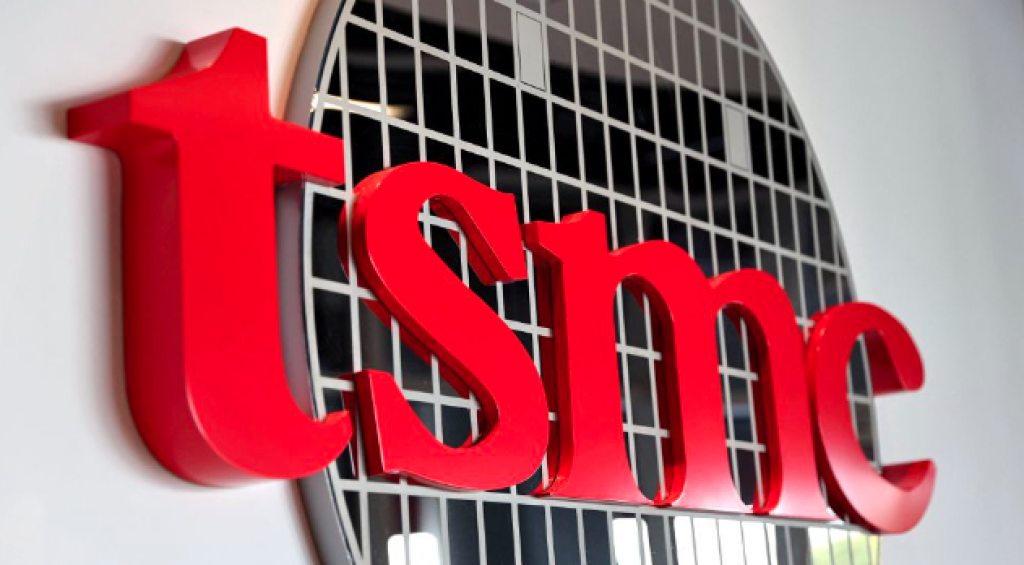Chipmaker TSMC, a major Apple supplier, forecast a 16% plunge in sales for the second quarter as consumers grapple with an inventory glut while a weakening global economy clouds demand outlook.
The world’s largest contract chipmaker, Taiwan Semiconductor Manufacturing Co Ltd (TSMC) , said industry inventory levels were currently higher than expected and would only “rebalance to a more healthy level” in the third quarter.
“Moving into second quarter 2023, we expect our business to continue to be impacted by customers’ further inventory adjustment,” Chief Financial Officer Wendell Huang said on a call on Thursday after TSMC reported the smallest growth in quarterly earnings in almost four years.
TSMC is, however, investing for long-term demand despite current softness in the market, CEO C.C. Wei said.
The chipmaker expects its business to hit a bottom in the second quarter and pick up after that, corresponding with the improved outlooks projected by iPhone maker Apple, Nvidia Corp and Advanced Micro Devices Inc, some of TSMC’s biggest customers.
For 2023, TSMC expects growth in the global semiconductor market, excluding memory, to decline in the mid-single digit percentage range, year on year. It sees the foundry market business declining in the high-single digit percentage range.
TSMC said its business will outperform both markets.
The company’s dominance in making some of the most advanced chips for high-end customers such as Apple has shielded it from a broader industry downturn.
SURPRISE RISE IN Q1 PROFIT
For the first quarter ended March, the company posted a surprise rise in net profit, up 2% from a year earlier. But that was still the smallest quarterly growth since mid-2019 as global economic woes dented demand for chips, Refinitiv data shows.
Its net profit came in at T$206.9 billion ($6.76 billion), versus T$202.7 billion a year earlier, while the consensus estimate was for a drop to T$192.8 billion.
Revenue fell 4.8%, in line with its forecast.
High-performance computing chips and smartphone chips represented 44% and 34% of revenue, respectively.
China accounted for 15% of TSMC’s first-quarter net revenue, versus 12% in the previous quarter, while North America’s share of the pie fell to 63% from 69%.
In the quarter to June 30, Asia’s most valuable listed company expects revenue of $15.2-$16 billion, down from $18.16 billion a year earlier.
First-half revenue is likely to fall around 10% in U.S. dollar terms year-on-year, TSMC said, while it sees 2023 revenue falling by a low-to-mid single digit percent.
U.S. CHIPS ACT
Regarding the U.S. Chips Act, designed to boost U.S. chip manufacturing, CFO Huang said TSMC was in the process of applying for subsidies so it could not provide details.
The law requires firms that take U.S. funds to agree not to undertake big expansions of chip manufacturing facilities in “countries of concern” such as China for 10 years.
We are in “constant communication with the U.S. government” to understand the specifics regarding subsidies, Huang said.
CEO Wei said TSMC’s supply for its most advanced 3 nanometre chips still lagged demand and that new products from clients in the third quarter would further boost demand for the chips.
TSMC has repeatedly said business would continue to benefit from a “mega-trend” of demand for high-performance computing chips for fifth-generation (5G) communications networks and artificial intelligence.
TSMC said on Thursday its new plant in Taiwan’s southern city of Kaohsiung would focus on more advanced chips than the previously announced 28 nanometre technology.
CEO Wei said TSMC was evaluating the possibility of building a speciality fabrication plant in Europe for auto chips.
TSMC’s share price fell 27.1% in 2022, but is up around 14% this year, giving it a market value of $433.9 billion.
The stock rose 0.6% on Thursday versus a 0.4% fall in the benchmark index.
Source : Reuters







































































